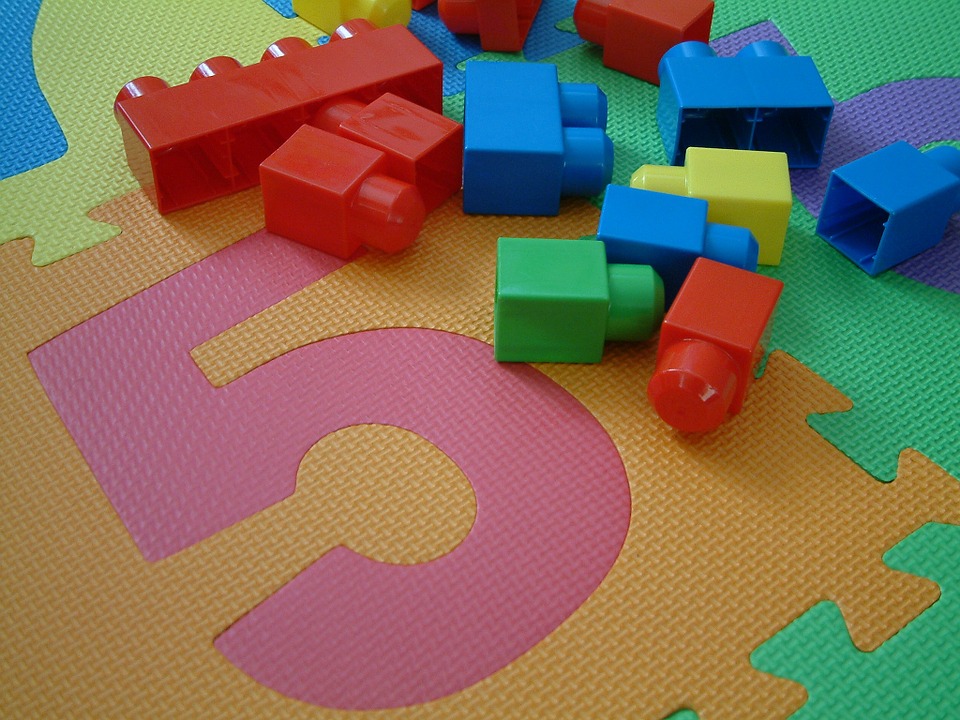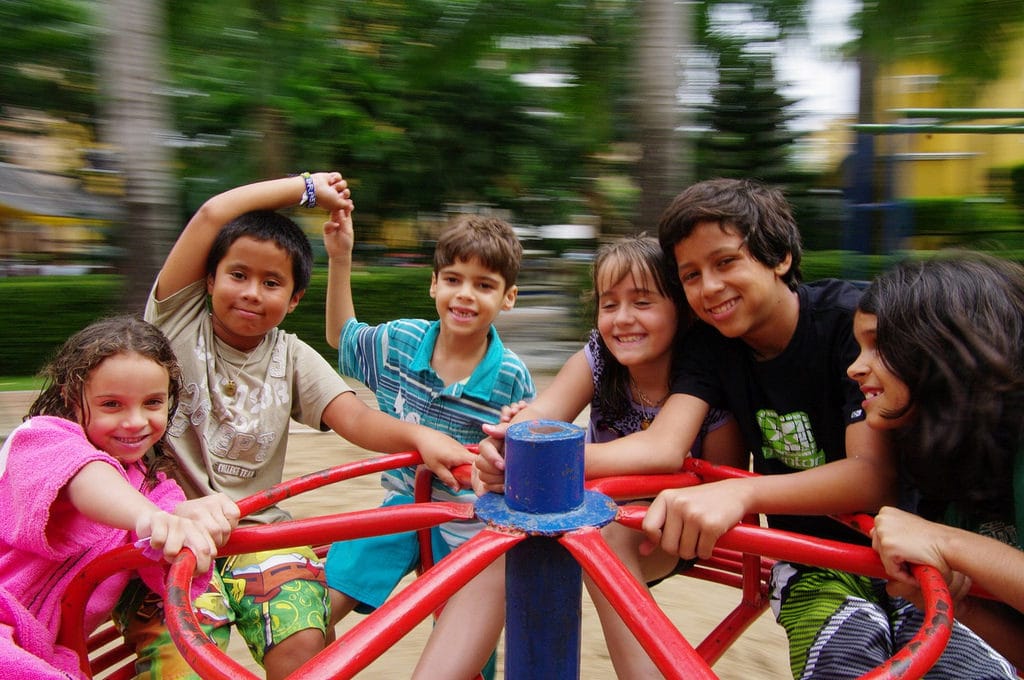
Is your son ready to begin school? For a child that isn’t mature enough, school can be a huge shock to the system. It requires discipline, concentration, an ability to socialise and a certain level of independence. There are lots of steps that you can take as a parent to get your child ready for school, helping to make the transition less scary. Here are 10 ways that you can prepare your son for school:
#1: Start educating them early
It pays to teach your kids certain basics such as counting to 20, writing their name and reading basic words. Reading in particular is important – parents that don’t read to their kids may find that their children have no interest in books when they reach school. You can read to your kids from newborn stage – a newborn won’t know what’s going on but they might start to see books as something natural. There are also educational games, TV shows and songs to try out; check out the Knowledge Adventure for educational games and toys.
#2: Get them to try out puzzles
Puzzles may involve anything from jigsaw puzzles to word games to basic maths puzzles. These games all help to develop a sense of problem-solving, which is vital when learning new things. Puzzles can also be themed around certain things such as animals, the human body, countries and planets, helping to build up extra knowledge that could be useful in school.
#3: Teach them to share and compromise
Kids that are used to getting what they want all the time find it hard to adjust to school – an environment in which sharing and compromising is essential. Sharing is easier to teach if your son has brother or sisters. If not, try to encourage them to share with friends whenever at social occasions. Compromising is the next step – children need to understand that they can’t always have the best of both worlds. You can teach this skill by rewarding your son for completing tasks he doesn’t want to do.
#4: Teach them please and thank you
Most parents will make the effort to teach their kids good manners. Encourage them to say please and thank you without you having to prompt them. This skill will be a great help when interacting with teachers and classmates alike.
#5: Teach them to dress themselves
Your child needs to be able to dress themselves. This is because many schools will teach PE from the age of 5, which may involve having to change into separate clothing. Not being able to dress themselves could be embarrassing for your child and teachers may not be allowed to intervene.
#6: Teach them to use a computer
Nowadays, children are being taught to use computers from the age of 5. Get your child used to using a mouse or a keyboard and get them to try and open programs on the screen. You don’t have to teach them anything complex – simply getting them used to the feel of a computer could be advantageous.

#7: Get them to socialise with other kids
Nurseries, play areas and social gatherings are all great places to help your child develop social skills. If your child gets into fights with other children a lot or prefers to isolate themselves, try to get to the root of the problem by monitoring your child as they play and asking them why they’re doing what they’re doing.
#8: Encourage them to work alone
The reverse is also important – some children may become so dependent on playing with others that they find working alone on tasks hard difficult. This is more common with girls than boys – many boys are happy when left to their own devices. However, they may still find it hard to concentrate on tasks such as chores or reading if other kids are nearby and playing. Let them know that they can have playtime after and that certain tasks must be done independently.
#9: Try preschool
Preschool is an excellent way of getting children used to the concept of school. Preschools such as Abacus Schools work in some academics, such as counting and learning the alphabet. Structured preschools can be a great help to hardworking parents that may not have the time to thoroughly teach their kids these skills. Preschool also introduces ideas of socialising and gets kids used to being away from their parents for hours at a time each day. School is likely to seem more like a natural stepping stone afterwards, rather than being an abrupt change of environment.
#10: Talk about school positively
Many parents make the mistake of describing school as a punishment. Throwaway comments like ‘I can’t wait for you to go to school’ could cause children to dread school before they’ve even experienced it. Try to describe school as a positive place in which they get to meet lots of kids and try lots of cool new things. Your kids may be less likely to cry at the school gates that first morning you drop them off and might achieve more at school.
This post contains affiliate links






